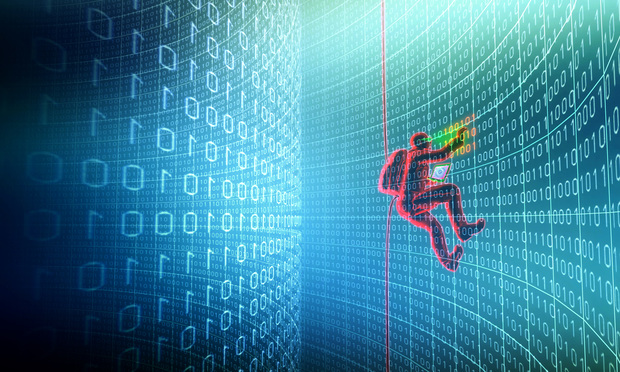There may be a number of “Scott’s” in Chicago, but there are fewer with a specific last name attached, and there is only one with that specific Social Security Number. This information – or a telephone number, or a fingerprint, or even the MAC address of a computer – can be used to identify and verify a person.
But of course, for as valuable as personally identifiable information (PII) may be for you, it’s just as valuable to a malicious actor looking to steal and utilize it for nefarious purposes. That’s why, when conducting discovery, protecting that information should be of the utmost importance for organizations, law firms, and discovery vendors.
This content has been archived. It is available through our partners, LexisNexis® and Bloomberg Law.
To view this content, please continue to their sites.
Not a Lexis Subscriber?
Subscribe Now
Not a Bloomberg Law Subscriber?
Subscribe Now
LexisNexis® and Bloomberg Law are third party online distributors of the broad collection of current and archived versions of ALM's legal news publications. LexisNexis® and Bloomberg Law customers are able to access and use ALM's content, including content from the National Law Journal, The American Lawyer, Legaltech News, The New York Law Journal, and Corporate Counsel, as well as other sources of legal information.
For questions call 1-877-256-2472 or contact us at [email protected]



